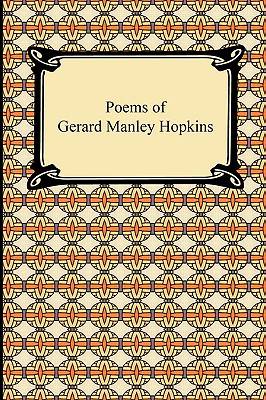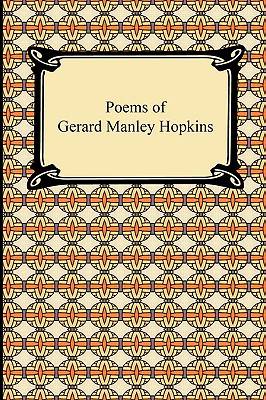
- Afhalen na 1 uur in een winkel met voorraad
- Gratis thuislevering in België vanaf € 30
- Ruim aanbod met 7 miljoen producten
- Afhalen na 1 uur in een winkel met voorraad
- Gratis thuislevering in België vanaf € 30
- Ruim aanbod met 7 miljoen producten
Zoeken
€ 8,45
+ 16 punten
Uitvoering
Omschrijving
Relatively unknown in his own lifetime, Gerard Manley Hopkins is the now accredited as the author of some of the finest and most complex poems in the English language. As a Victorian poet, Roman Catholic convert, and Jesuit priest, Hopkins pioneered a revolutionary form of meter he termed "sprung rhythm" in his first major work, "The Wreck of the Deutschland." This poem, like most of Hopkins' work, reflects both his belief in the doctrine that human beings were created to praise God as well as his commitment to the Jesuit practices of meditation and spiritual self-examination. Hopkins' poetry is unconventional in its sensitivity to alliteration, assonance and consonance, as well as its characteristic diction and phrasing. This edition includes some of his most famous works: "Spring," "Pied Beauty," "God's Grandeur," "The Starlight Night," "Spelt from Sibyl's Leaves," and his most famous sonnet, "The Windhover."
Specificaties
Betrokkenen
- Auteur(s):
- Uitgeverij:
Inhoud
- Aantal bladzijden:
- 90
- Taal:
- Engels
Eigenschappen
- Productcode (EAN):
- 9781420934854
- Verschijningsdatum:
- 1/01/2010
- Uitvoering:
- Paperback
- Formaat:
- Trade paperback (VS)
- Afmetingen:
- 152 mm x 229 mm
- Gewicht:
- 145 g

Alleen bij Standaard Boekhandel
+ 16 punten op je klantenkaart van Standaard Boekhandel
Beoordelingen
We publiceren alleen reviews die voldoen aan de voorwaarden voor reviews. Bekijk onze voorwaarden voor reviews.











